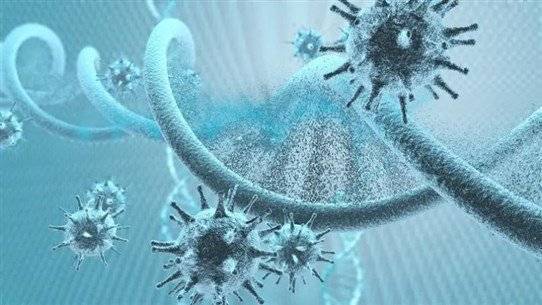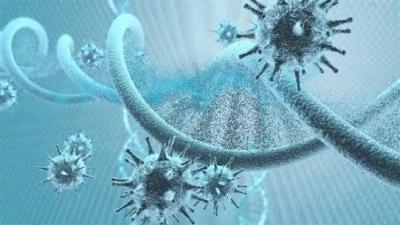After the discovery of a virus similar to the coronavirus found in Russian bats that can infect humans, scientists have warned that the union of the new virus named "Khosta 2" with the coronavirus could pose a significant risk. A study conducted by researchers at Washington State University indicated that the chance of the coronavirus meeting Khosta-2 in nature is very small; however, they affirmed that this scenario is the worst if it were to occur, and it is one of the considerations when trying to prevent the next pandemic.
Furthermore, the researchers found that "Khosta-2" exists in Russian bats in the form of a horseshoe bat capable of using the same receptor (ACE2) that the coronavirus (SARS-CoV-2) uses to enter human cells. Interestingly, the virus is resistant to the antibodies of people vaccinated against the coronavirus, according to "genengnews." Nonetheless, the likelihood that the new virus will cause disease in humans remains unknown, according to the study.
"No Pandemic"
Michael Letko, an assistant professor at Washington State University who led the study, stated that the virus would not cause a pandemic just by infecting human cells. He also explained that "Khosta-2" was discovered in an animal that is not a bat in 2021, noting that it has not been found again in any other animals or humans. He added, "To be fair, however, there are not many researchers currently looking for sarbecoviruses in non-bat animals in Russia."
However, the researchers stated that their findings confirm the need to develop vaccines with broader protection against sarbecoviruses.
Concerns About Union with Corona
Letko elaborated that their greatest concern is the recombination or mating between Khosta 2 and Corona, given that SARS-CoV-2 and Khosta-2 are closely genetically related enough to be classified as sarbecoviruses and can infect the same types of cells using the same mechanisms. He noted that it may be possible for them to recombine in a way that makes the SARS-CoV-2 virus resistant to the vaccine.




